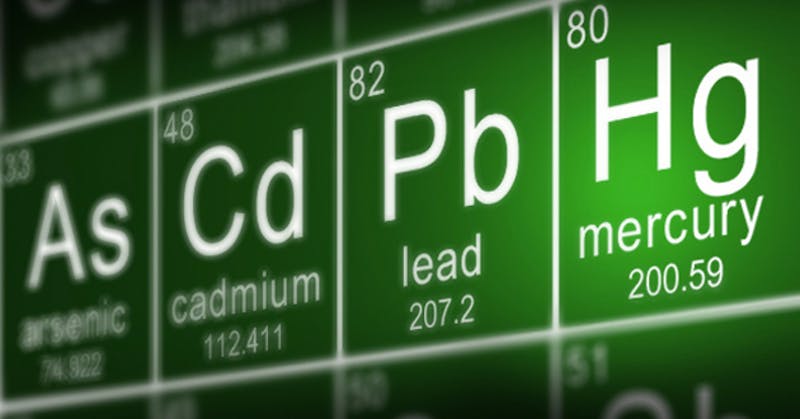CLSI C40 Lead and Cadmium Testing in Food Samples
The CLSI (Clinical and Laboratory Standards Institute) C40 protocol is a widely recognized standard method used to determine trace levels of lead (Pb) and cadmium (Cd) in food samples. This testing is crucial for ensuring the safety and quality of food products, especially those intended for infants, children, and vulnerable populations.
Lead and cadmium are toxic elements that can cause serious health issues if ingested even at low levels. The CLSI C40 method provides a precise and reliable way to detect these heavy metals in various types of food samples, including but not limited to beverages, cereals, fruits, vegetables, and processed foods.
The testing process involves several key steps: sample preparation, digestion, and subsequent analysis using an atomic absorption spectrophotometer (AAS) or inductively coupled plasma mass spectrometry (ICP-MS). These instruments are selected for their high sensitivity and accuracy. The CLSI C40 protocol specifies the exact conditions for these processes to ensure consistent results.
The accepted limit for lead in food according to EU regulations is 2 mg/kg, while cadmium should not exceed 1 mg/kg. Compliance with these limits helps manufacturers avoid legal issues and maintain consumer trust. By adhering to CLSI C40 standards, laboratories can provide accurate data that meets international safety requirements.
Our laboratory follows the CLSI C40 protocol meticulously, ensuring accurate results through rigorous quality control measures. We use only certified reagents and calibrated instruments to minimize errors. Our team of experienced analysts ensures that each sample is handled with care and precision, yielding reliable data that can be trusted by industry professionals.
The importance of heavy metal testing in food cannot be overstated. It not only protects public health but also supports the reputation of manufacturers who comply with strict safety standards. By offering this service, we contribute to the overall improvement of food quality and safety across sectors.
Applied Standards
The CLSI C40 method is based on several internationally recognized standards that ensure consistency and accuracy in testing lead and cadmium levels in food samples. These include:
- CLSI C40
- ISO 6523: Lead in food - Determination by atomic absorption spectrometry
- ASTM E1739: Standard Practice for Sampling and Preparation of Food for Analysis of Inorganic Contaminants
- ISO 20131-1: Sustainability in the food chain - General principles - Part 1: Definitions and requirements
These standards provide a framework for ensuring that our testing methods are up-to-date with the latest scientific knowledge and regulatory requirements. By adhering to these guidelines, we can offer clients accurate and reliable results.
Eurolab Advantages
Our laboratory offers several advantages when it comes to CLSI C40 lead and cadmium testing in food samples:
- Accreditation: We are ISO/IEC 17025 accredited, ensuring that our services meet the highest standards of quality and reliability.
- Experienced Staff: Our team comprises highly skilled analysts with extensive experience in food testing. They stay updated on the latest developments in analytical techniques to provide accurate results.
- State-of-the-Art Equipment: We use advanced equipment such as ICP-MS and AAS, which are essential for detecting low levels of heavy metals accurately.
- Prompt Turnaround Time: Clients receive their reports within 5 working days from the receipt of a sample. This quick turnaround time allows businesses to address any issues promptly.
- Comprehensive Reporting: Our detailed reports include not only numerical results but also interpretations and recommendations based on international standards.
These advantages make us a trusted partner for food manufacturers, retailers, and regulatory bodies looking to ensure the safety of their products through rigorous testing.
Environmental and Sustainability Contributions
The CLSI C40 method plays a crucial role in environmental protection by helping to identify contaminants that could harm ecosystems. By detecting trace levels of lead and cadmium, we assist in preventing the spread of these harmful elements into the environment.
In addition to safeguarding public health, our testing contributes to sustainability efforts by ensuring that food production practices are safe and responsible. This helps maintain biodiversity and supports eco-friendly agricultural methods.
Our laboratory actively participates in initiatives aimed at reducing waste and promoting resource efficiency. By offering accurate and reliable test results, we enable businesses to make informed decisions about their operations, contributing positively to environmental conservation.





